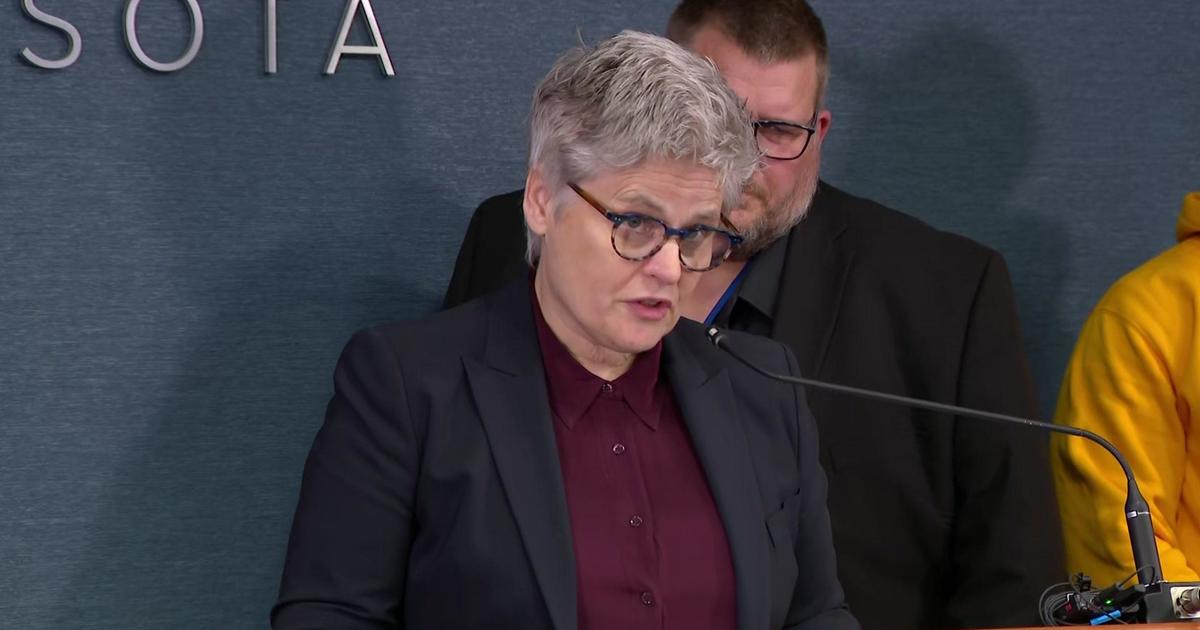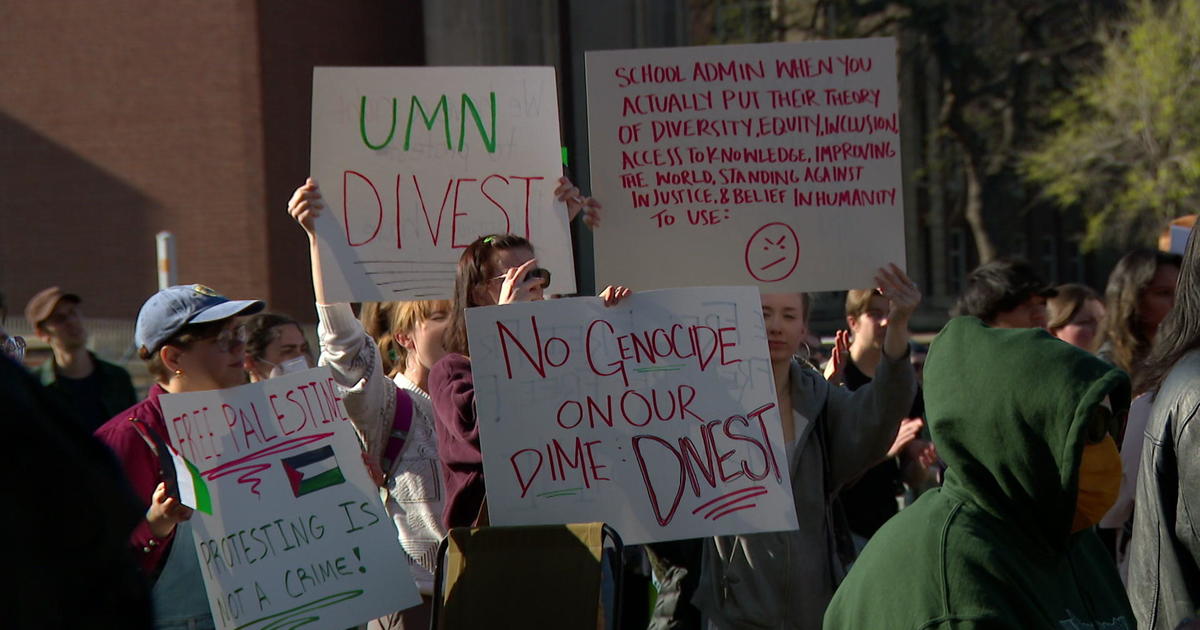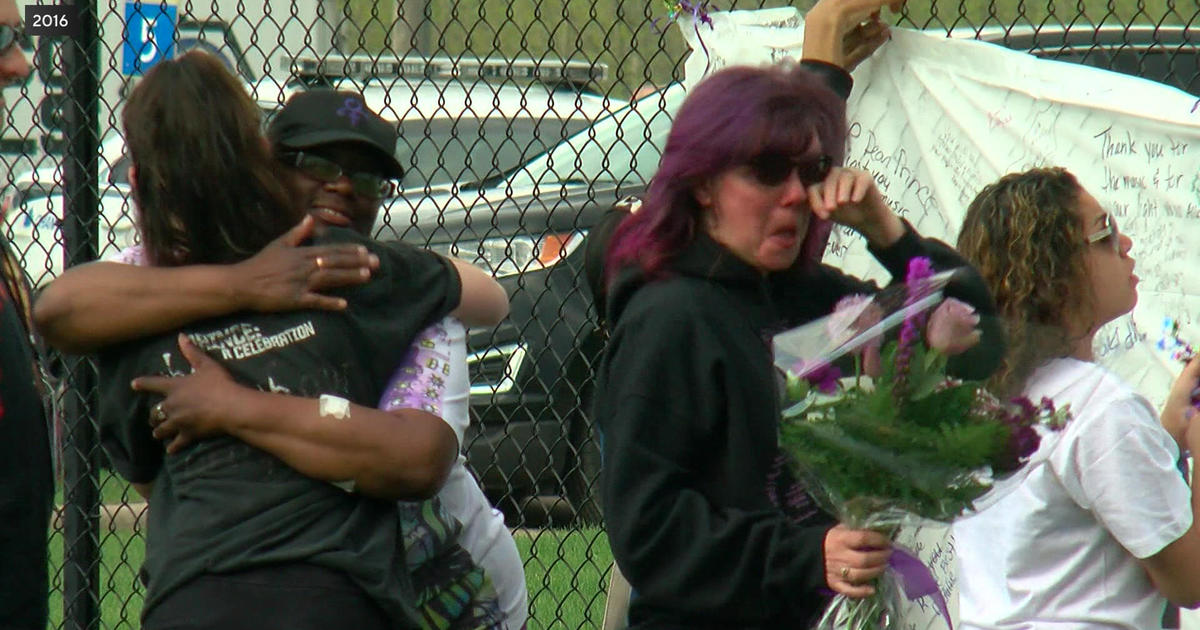Good Question: What Happens In A Government Shutdown?
MINNEAPOLIS (WCCO) -- The clock is ticking and congress has until Friday to pass a budget authorization bill, or the federal government will have to shut down. So, what happens if the government shuts down, and what's the cost?
"I'm just having a hard time getting my arms around what it means to shut down," said Marijo Goldstein, a Minneapolis woman with family members who will be furloughed if the government does shut down.
So, what stays open and what closes?
The Postal Service, the military, Congress, Veterans Administration hospitals, air traffic controllers and federal law enforcement agencies are among the things that will not be closed.
Social Security checks will still be mailed.
However, passports and visa applications won't be processed, the National parks will close (including five in Minnesota) and the Internal Revenue Service will stop processing tax returns, which means refund checks will be delayed.
The Centers for Disease Control stops tracking the spread of diseases. Federal bankruptcy court essentially shuts down, but the federal criminal court remains open.
According to the White House, 800,000 federal employees will be furloughed, about 28 percent of the entire federal workforce.
"If the government does shut down, are we gonna save money or will it cost us more money in the long run?" asked Bill Schroers from Golden Valley.
During past government shutdowns, federal employees ultimately got paid for not working. In 1995, that back pay totaled $1 billion, according to the Office of Management and Budget.
Plus, there were millions in missed payments, admission fees and fines during the shutdown. For example, no one's collecting money at those closed national parks. The Environmental Protection Agency had to cancel plant inspections, which cost millions of dollars.
Add up all the costs and some federal estimates put the cost of a shutdown at $100 million per day.
"That's our hard tax money at work," said Schroers.
This time around, there are differences. Today, the federal government uses huge numbers of contractors. They would likely have to furlough their employees.
Plus, no one knows if Congress would authorize back pay for all the furloughed employees.



